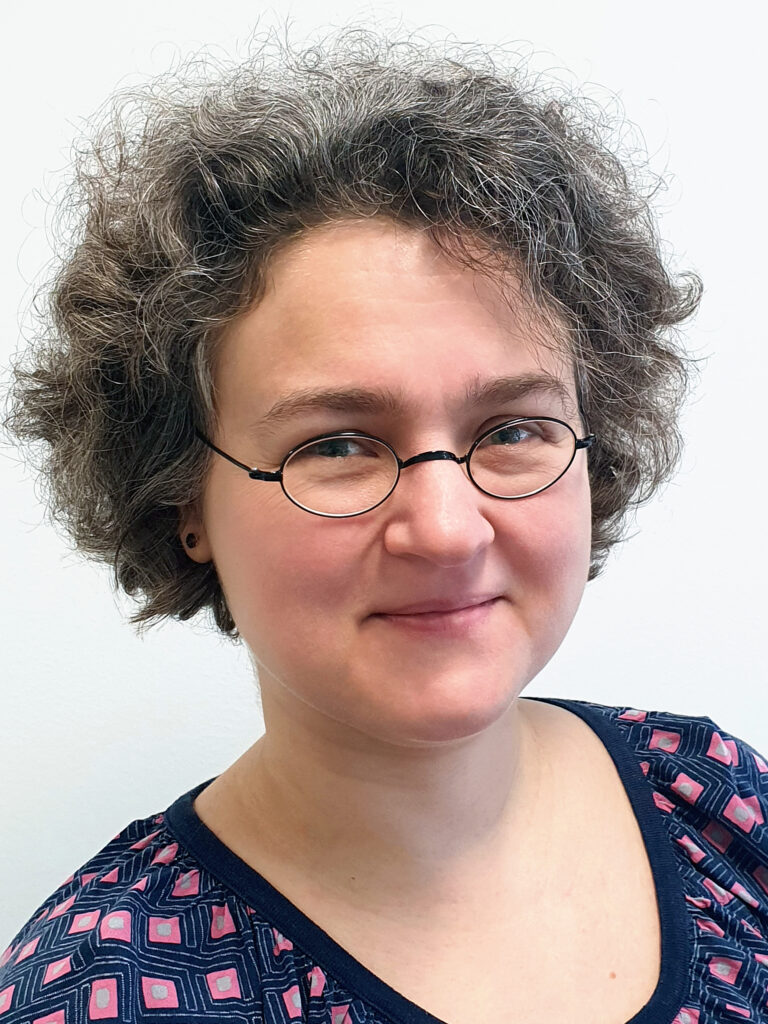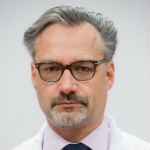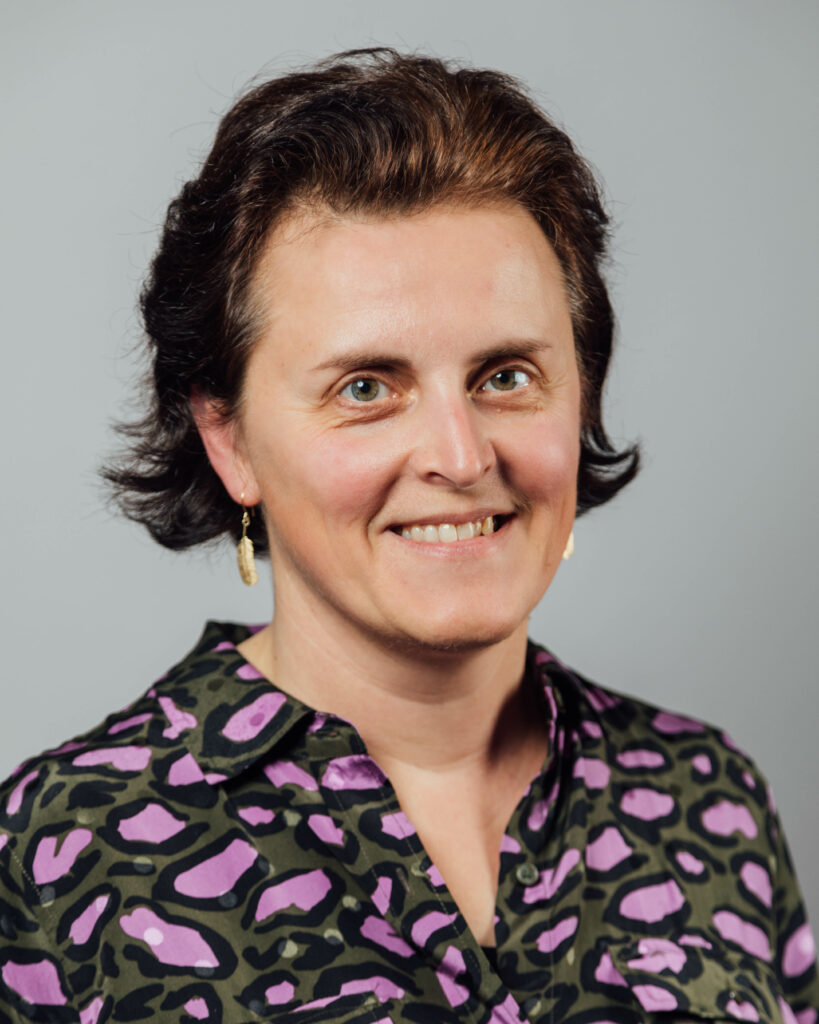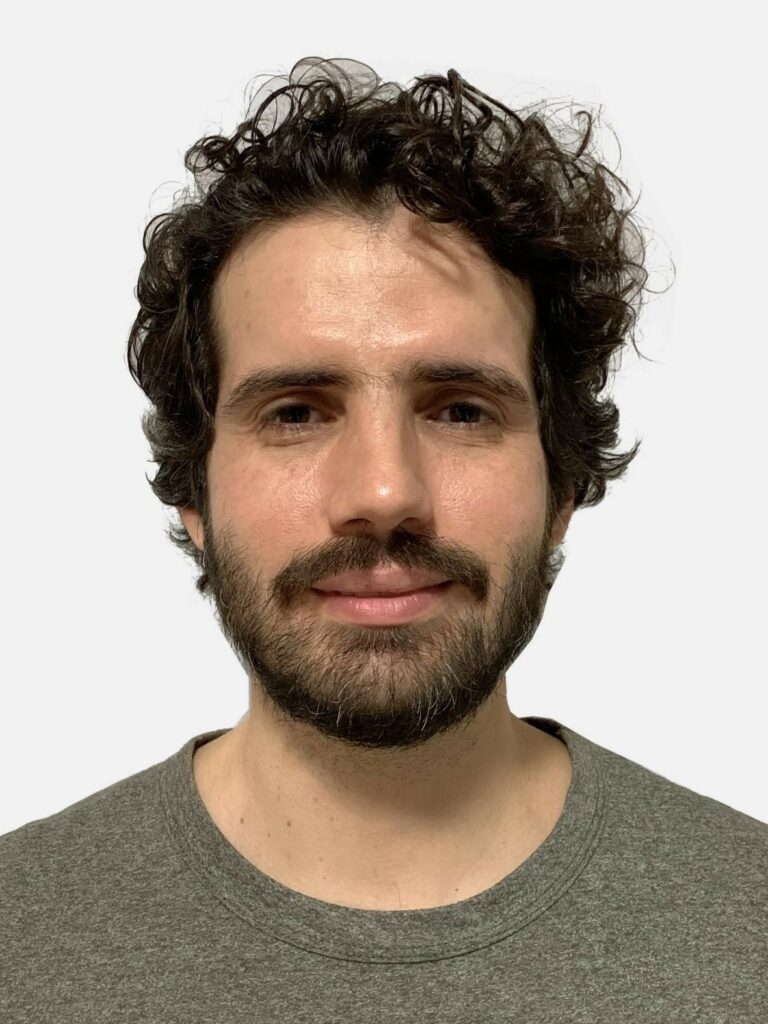ERN-EYE Webinar – 5 years gene therapy Luxturna
Date and time
Monday 20th January 2025, 4.30 pm CET.
Programme
- Introduction of the speakers, Pr Katarina Stingl, University Tübingen, Germany.
- What have clinicians learned in 5 years?, Pr Katarina Stingl, University Tübingen, Germany.
- Insights from clinical trials, Pr Bart P. Leroy, Ghent University Hospital, Belgium.
- Can anything be improved in molecular genetics?, Pr Elfride de Baere, Center for Medical Genetics, Ghent University Hospital & Dept of Biomolecular Medicine, Ghent University, Belgium
- Patient perspectives, Mr João Paulo Lacerda, father of a child with Retinitis Pigmentosa.
- Discussion and questions
Registration
Biographies

Katarina Stingl, MD is a professor for Ophthalmology and head of the Center for Rare Eye Diseases and the Clinical Unit for Inherited Retinal Degenerations of the University Tübingen.
Katarina Stingl is an internationally acknowledged expert in clinical and genetic diagnostics of inherited retinal diseases and heads also a research group for multimodal retinal diagnostics in ophthalmology including electrophysiology, retinal imaging, retinal functional evaluations, and metabolic retinal imaging. She works on more than 15 clinical trials for inherited retinal diseases as PI or Co-PI and has years of experience not only in genetic therapies of the retina, but also visual implants, pharmacotherapy and electrostimulation.

Pr Leroy is professor of Ophthalmology, Ophthalmic Genetics and Visual Electrophysiology at Ghent University and the Head of the Ophthalmology department at Ghent University Hospital, Ghent, Belgium.
Pr Leroy completed his medical degree (MD), PhD in medical sciences, residencies in clinical genetics and Ophthalmology and a fellowship in medical retina and visual electrophysiology at Ghent University in Belgium. He also completed a fellowship in medical retina, inherited retinal diseases, visual electrophysiology, and molecular genetics at Moorfields Eye Hospital & Institute of Ophthalmology in London, UK.
Pr Leroy’s focus is diagnosis and detailed clinical phenotyping of inherited retinal degenerations as well as in the development of innovative treatments, including serving as a clinical investigator on therapies for RPE65-IRD and CEP290-IRD. He served as past president for the European Organization for Vision & Eye Research and is a board member of the International Society for Genetic Eye Disease & Retinoblastoma, the Société de la Génétique Ophtalmologique Francophone, and the Belgian Society of Ophthalmology. He is also co-opted board member for ophthalmic genetics of the European Society of Retina Specialists (EURETINA).

Elfride De Baere, MD, PhD, is Professor at Ghent University and Head of Lab at the Center for Medical Genetics Ghent (CMGG) of the Ghent University Hospital. Her lab offers genetic testing for rare eye diseases such as inherited retinal diseases (IRD), cataract, developmental eye diseases, corneal dystrophies, glaucoma. She chairs the TWG6 ‘Genetic Diagnostics’ of ERN-EYE. She is member of ocular ClinGen working groups and co-chairs the ABCA4 Variant Curation Expert Panel.
Her research focuses on the genomics of IRD and the regulation of the neuroretina and retinal pigment epithelium (RPE) through multi-omics approaches. She has identified many novel causative genes and mechanisms underlying IRD. Her work demonstrated therapeutic potential for IRD.
She is a member of the European Retinal Disease Consortium (ERDC) and is coordinator of European research networks, including MSCA ITN StarT, EJPRD Solve-RET, MSCA-DN ProgRET (www.progret.eu). She serves on the editorial board of Progress in Retinal and Eye Research and on the program committees of ASHG, and previously of ARVO and ESHG.

Mr João Paulo Lacerda
Mr João Paulo Lacerda is an experienced Software Engineer. In 2020, his son Enrique was diagnosed with Retinitis Pigmentosa. Due to a job offer, his family moved from Brazil to Germany at the end of 2021. In 2023, his son received genetic treatment with Luxturna and has been showing excellent progress since then.

